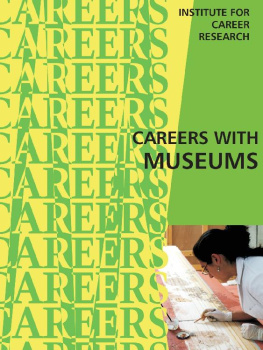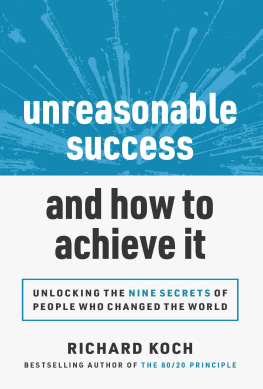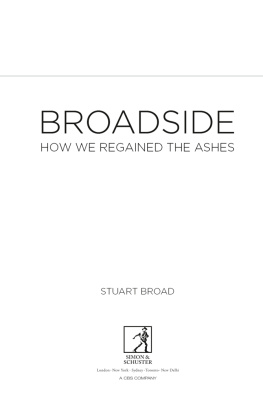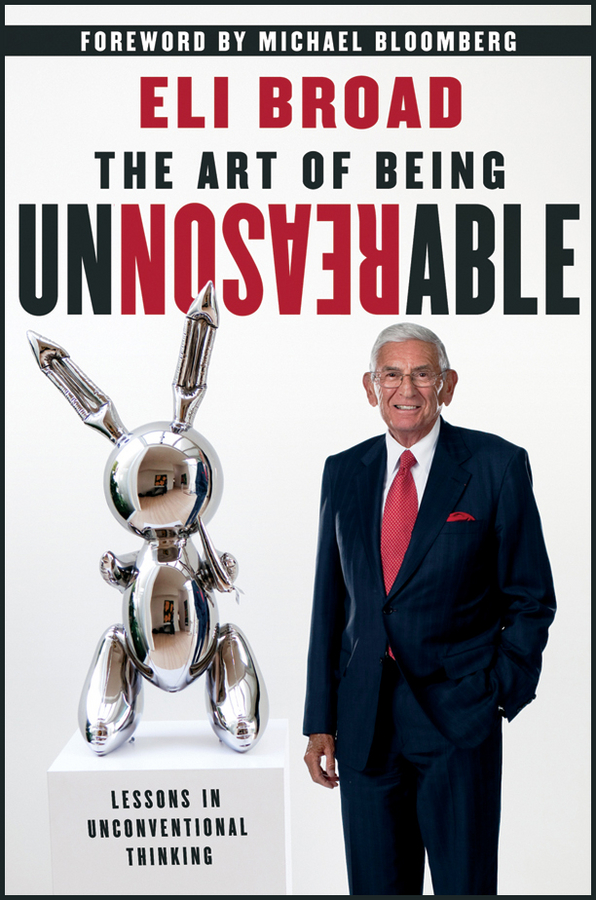CONTENTS

Copyright 2012 by Eli Broad. All rights reserved.
Published by John Wiley & Sons, Inc., Hoboken, New Jersey.
Published simultaneously in Canada.
No part of this publication may be reproduced, stored in a retrieval system, or transmitted in any form or by any means, electronic, mechanical, photocopying, recording, scanning, or otherwise, except as permitted under Section 107 or 108 of the 1976 United States Copyright Act, without either the prior written permission of the Publisher, or authorization through payment of the appropriate per-copy fee to the Copyright Clearance Center, Inc., 222 Rosewood Drive, Danvers, MA 01923, (978) 750-8400, fax (978) 646-8600, or on the web at www.copyright.com . Requests to the Publisher for permission should be addressed to the Permissions Department, John Wiley & Sons, Inc., 111 River Street, Hoboken, NJ 07030, (201) 748-6011, fax (201) 748-6008, or online at http://www.wiley.com/go/permissions .
Limit of Liability/Disclaimer of Warranty: While the publisher and author have used their best efforts in preparing this book, they make no representations or warranties with respect to the accuracy or completeness of the contents of this book and specifically disclaim any implied warranties of merchantability or fitness for a particular purpose. No warranty may be created or extended by sales representatives or written sales materials. The advice and strategies contained herein may not be suitable for your situation. You should consult with a professional where appropriate. Neither the publisher nor author shall be liable for any loss of profit or any other commercial damages, including but not limited to special, incidental, consequential, or other damages.
For general information on our other products and services or for technical support, please contact our Customer Care Department within the United States at (800) 762-2974, outside the United States at (317) 572-3993 or fax (317) 572-4002.
Wiley publishes in a variety of print and electronic formats and by print-on-demand. Some material included with standard print versions of this book may not be included in e-books or in print-on-demand. If this book refers to media such as a CD or DVD that is not included in the version you purchased, you may download this material at http://booksupport.wiley.com . For more information about Wiley products, visit www.wiley.com .
ISBN 978-1-118-17321-3 (cloth); ISBN 978-1-118-22697-1 (ebk); ISBN 978-1-118-23997-1 (ebk); 978-1-118-26464-5 (ebk)
To Edye, the love of my life
FOREWORD
Michael Bloomberg
We have all met unreasonable people in our lives. Some of us have even been called unreasonableor worse. But if ever theres been someone qualified to write a book on being unreasonable, it is Eli Broad. And if ever theres been a time when we need more people to be unreasonablein business, philanthropy, and especially governmentits right now.
Eli Broads life is a great American story, not only because it is a story of hard work and success, but because its a story of dreamsof pushing into new frontiers and believing that the impossible can be achieved. Thats what Eli has done throughout his life, and its why he has accomplished as much as he has. But this book is less about what Eli has done and more about how he has done it.
I first met Eli some 30 years ago, back when I was just starting my own company. Eli had already built a Fortune 500 company from scratch, KB Homeand he would go on to build a second: SunAmerica. Maybe the second time is easier, but I doubt it. Building a company is an all-consuming undertaking that requires an enormous amount of dedication, an unflagging belief in your idea, and plenty of good luck. But to me, the fact that he built a second Fortune 500 company is less impressive than the fact that he set out to do it in the first place. Plenty of other people would have kicked back and enjoyed an early retirement. Not Eli. He wanted to continue buildingand he had the guts to try to do it in an entirely different industry.
Within these pages, you will find a firsthand account of how he built those two Fortune 500 companies; how he helped shape Los Angeles into a cultural and architectural capital; how he is working to revolutionize the way we diagnose, treat, and prevent disease; and how he is helping transform public education around the nation, including in New York City.
When I was first elected mayor of New York in 2001, I set out to transform the citys broken and dysfunctional Board of Education and turn around a school system that had been failing students for decades. It was a daunting challenge; the New York City school system has 1.1 million students, which would make it the 10th largest system in the United States, just behind Dallas. Ending decades of dysfunction and replacing it with a culture of innovation and excellence would require bold action and a willingness to take on the special interestsand to do that, we knew we would need lots of support. We reached out to private sector leaders and philanthropists and asked them to become our partnersand Eli Broad was one of the very first calls we made.
Eli understands how important education reform is to the future of our country, and he is as passionate as I am about putting the needs of children firstno matter what the special interests say. Over the past decade, Eli has been instrumental in helping us undertake major reforms, including launching the NYC Leadership Academy to train the next generation of principals, creating more charter school options for students and parents, and strengthening accountability.
As a result, our students have made enormous progress, and today, high school graduation rates are 40 percent higher than they were when we began. When New York City won the prestigious Broad Prize for Urban Education in 2007, we could not have been more honored.
Eli and I both believe that philanthropy is most valuableand powerfulwhen it dares to go where governments will not or cannot, and he has provided critical support in helping us launch promising but untested ideas. This willingness to take risks has been a defining characteristic of Elis life. Yet he has been so successful not only because he is fearless and forward-looking but also because he does his homework. He studies the data, analyzes trends, and identifies opportunities that others may miss. Whether in business or philanthropy, he is an entrepreneur in everything he doesalways open to new ideas, always looking for new approaches, and always willing to buck the conventional wisdom.
When Eli embraced the idea for a genomic medical research center that would bring together scientists from MIT and Harvard, he was told that the two rival universities would never collaborate on such a project. He ignored that advice, and today The Broad Institute is changing the way we understand science and medicine. Of course, Eli has also had his share of crazy ideaslike the time he wanted to buy the Tribune Company. Even though I own a media business, I told him he was out of his mind, and he came to agree that he was lucky to be the unsuccessful bidder.
The Eli Broad you will meet in these pages is the Eli Broad Ive gotten to know and admire: honest and tough, blunt and direct. When he speaks and writes, he has no use for business jargon or management gibberish. His language is as clear as his vision. You will also meet the one person who is the secret of his success: his wife, Edye. She is truly a full partner in all that they do. And when Eli is unreasonable, Edye is gracious, kind, and understanding. Together, they are one talented team.










